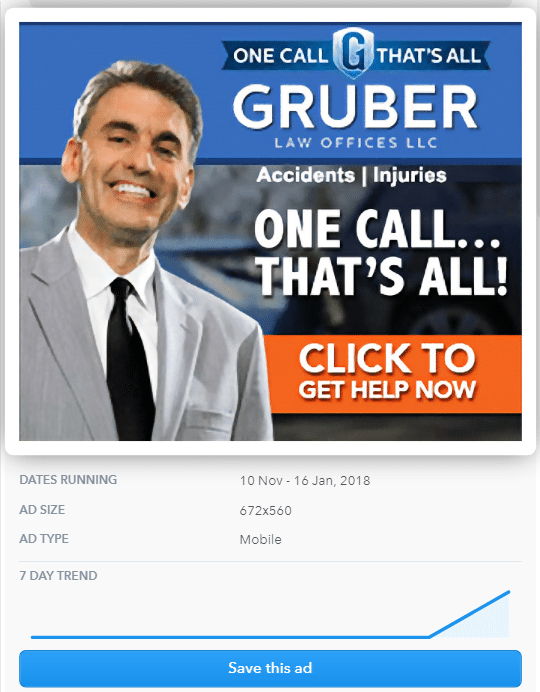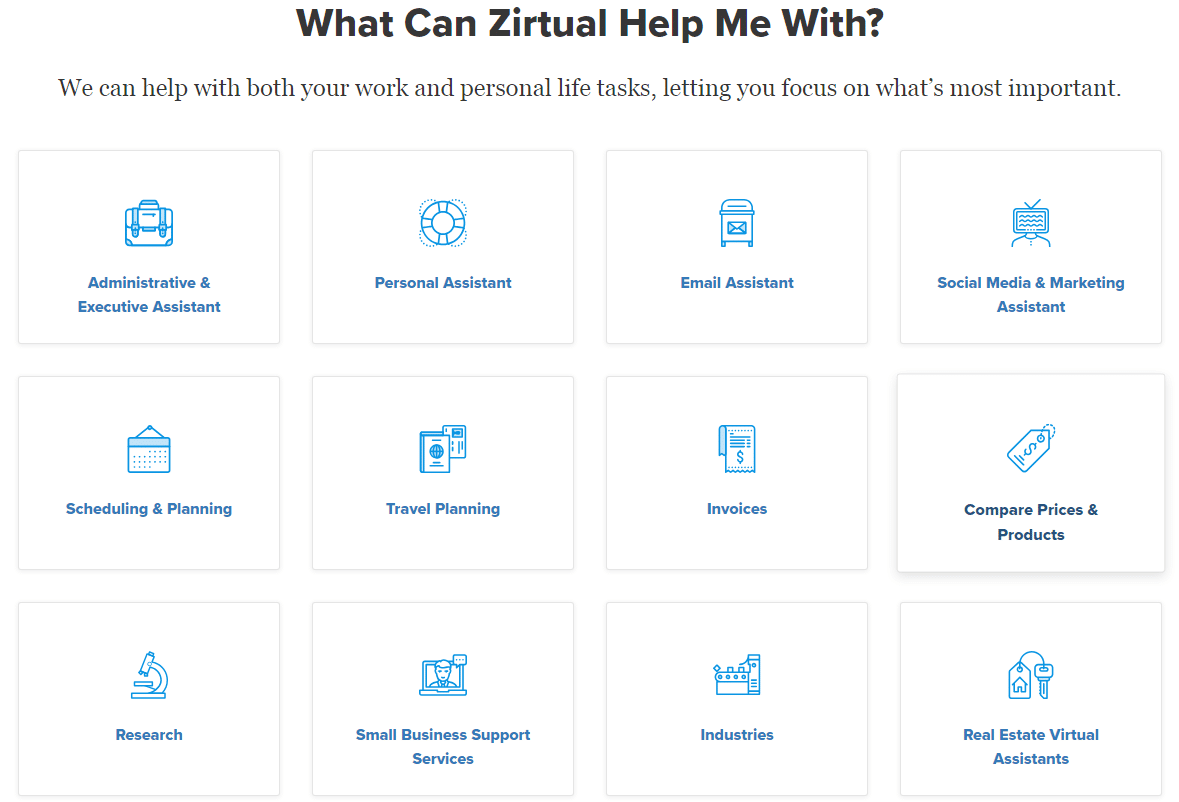
How to Avoid Feeling Like You’re Only Productive on Nights and Weekends
06/27/2018 By Bill4Time Staff

Attorneys are working harder than ever.
Expectations around workweek productivity were high to begin with. Thanks to the Great Associate Pay Raise of 2016, attorneys are now working more hours.
Sure attorneys are making more money.
But that salary increase comes at a cost. As salaries and bonuses rise, so do billable targets. Attorneys who were previously expected to produce 1,800 hours of billable work are now expected to produce 2,400+.
Workweek productivity is difficult to achieve
And if you’re managing your own firm?
Workweek productivity is even more of a challenge. As an entrepreneur, you’re required to wear multiple hats. You’re responsible for payroll. For marketing and promoting your firm. Handling finances, taxes and insurance.
It’s a never-ending battle in the beginning.
But as an attorney, you’re also required to work for your clients. If you’re a corporate attorney, you’re drafting and reviewing contracts. You’re negotiating and counseling clients. You’re assisting with compliance requirements, etc.
Not much time left, is there?
Which is exactly why growth is such a struggle for small and medium law firms. Firm owners are spending so much time working in their business that they never seem to work on their business.
You can’t do it all.
You’ll have to make a choice at some point. Do everything yourself and stay small or delegate and let go in order to grow.
Want more clients? You’ll need marketing leverage
You’ll need to be ruthlessly efficient.
You’ll have to make some dramatic changes to your schedule and the way you manage your firm. Your schedule should:
- Surround yourself and your firm with people who bring you closer to your goals and objectives
- While also screening out the people who take you away from your goals and objectives
You’ll need to consistently attract:
- Ideal clients who have the ability and willingness to pay.
- A “virtual bench” filled with A player associates, and support staff
- Influencers, mentors and power brokers with an audience. Serve them in exchange for access, referrals, connections, introductions or recognition
- Volunteer opportunities (e.g. pro bono clients, community outreach, etc.) that enable you to give back
You’re on the lookout for opportunities to serve and be served. To give and receive value to/from others whenever you can.
You’ll also need to efficiently reject:
- Bad clients, e.g. knowledge vampires, tire kickers, poor listeners and clients who refuse to pay on time
- The wrong candidates, whether they’re in-house or freelance
- Vultures masquerading as influencers, mentors and power brokers. The people looking for a way into your business, for their own selfish needs
- Volunteer traps e.g. pro bono clients who expect indefinite help. They use guilt, fear and shame to manipulate you into serving their interests
Why do you need all of this?
Weren’t we supposed to be finding the time you need to market your business? Absolutely, which is what we’re doing. We’re laying the groundwork for a successful marketing system that doesn’t depend on you.
Your marketing needs two distinct components
Compounding + Savings.
These are the components of leverage. Marketing leverage should multiply your efforts and save you a tremendous amount of time, money, resources, etc. It can be tangible – a person or a tool. It can also be intangible in the form of a resource or relationship.
Leverage typically fits into at least one of these categories.
- Feeders send you important must-have information. These could be the news and industry sites that give you the information and material you need to create educational content. Swipe file websites showing you your competitor’s ads, emails, copywriting, marketing and more.

Use feeders to reverse engineer your competitor’s marketing, come up with new ideas or create fresh content.
- Organizers give you structure and focus. A good organizer creates order. Organizers can arrange money, people, information, even your time. A feeder without an organizer is overwhelming, like drinking from a fire hose. An organizer could be a virtual assistant or a tool like IFTTT that sorts through the information from your feeders.

Organizers distill information. They’re gatekeepers that enforce your boundaries. They limit demands on your time, resources or energy.
- Unloaders unburden. Unloaders manage tedious, repetitive or unsuitable details and tasks. Unloaders are guardians of the 80/20 rule. They enable you to focus on the 20 percent of activity that produces 80 percent of your results. Practice management tools, apps like IFTTT, Zapier and Legaler they all function as unloaders.
Research shows attorneys lose an average of 6 hours to non-billable work. Unloaders enable you to delegate. Giving you more time to work on your business.
- Dealers create openings and opportunities. This could be a guest post you’ve written for Above the Law, or Entrepreneur magazine. A joint venture agreement to share your book with an influencer or power broker’s audience in exchange for a share of the revenue. An editor at a noteworthy publication. Producers at syndicated radio shows and podcasts. Display ads on relevant websites and so on. Dealers, whether they’re people or tools, provide access and connections.
- Enforcers are your policemen. They work with organizers to protect your schedule, save time and enforce your boundaries. Enforcers help to manage your reputation. Good enforcers give you the ability to say No. Here’s the thing about enforcers, they come in a variety of categories.
- Building credibility and authority
- A strong review portfolio
- A strong brand name
- Your block lists (on Facebook, via email and phone)
- An administrative assistant (your gatekeeper)
- A large audience you can use to insulate your firm against bad optics and publicity
- Legal recruiters
See what I mean?
These categories aren’t all that similar. But they help to protect your firm in a variety of ways. Here’s the thing about enforcers.
It’s best if they overlap.
Enforcers create balance. They give you the time, energy and resources you need to focus on the work that matters.
Work that matters?
Attorneys are bogged down by non-billable work
Your marketing shouldn’t be limited to nights and weekends. If you’re running your own firm, you’re hit with an incredible amount of distractions throughout the day.
It disrupts your routine.
It doesn’t have to be that way. With leverage, you’re able to attack the non-billable problem from five distinct angles. No, non-billable work isn’t the enemy.
But it needs to be managed.
That’s a nice sentiment and all but that doesn’t tell you much about how to manage your firm’s productivity.
So how do you manage it?
You learn to let go. If you’re the owner of a small/solo firm you’re in a unique position. You have more responsibilities, yes but you’re also able to determine how you’ll handle that.
You can find creative ways to reduce your workload.
Your productivity, and thus your marketing is worthless if you lack the ability to let go. Sounds like generic advice, doesn’t it? How exactly are you supposed to let go?
You choose.
If you’re exceptional at legal work and you have a deep love for the law, focus your attention there. Then, find a trustworthy assistant to take the marketing reins. Give them a strong incentive (salary + commission + bonus targets) so their goals are aligned with yours. This isn’t ideal of course, because no one will be as invested in your firm as you.
Find the right people though and it can work.
What if you’d prefer to spend less time working in the business (legal work) and more time working on the business (marketing, growth)? Again, you’ll need to find the right people.
A popular strategy?
Choose attorneys on a freelance-to-hire basis. There’s a consistent stream of new, eager and hungry attorneys who, thanks to a consolidated market, have trouble finding work.
Bring these attorneys on.
Allow them to cut their teeth on smaller, more routine projects (e.g. incorporating, writing contracts, etc.). Give them the details and incentives they need to excel at their job. Use the job market, incentives and your freelance-to-hire opportunity as a way to build something with them.
Something they won’t get anywhere else.
Then you focus your time and attention on marketing and growing your firm. Handle the larger, more involved projects/clients as they come in.
See what I mean? You’ll have to choose.
Exponential productivity isn’t difficult to achieve…
At least it doesn’t have to be.
If you’re running your own firm you have options. With the right mix of leverage and the right systems in place, you’ll have the time you need to market and grow your firm.
But you have to choose.
Create leverage in the form of a person, tool, resource or relationship. If you prefer to focus on the legal side of your business, go deep. Do what it takes to build deep expertise in your practice area. Prefer to grow your firm instead?
Spend more time working on your business, and less time working in it.
If you want exponential productivity you’ll need to let go. What got you here – your knowledge of the law, your hard work and expertise – won’t get you there.
You’ll need help.
Focus your attention on finding the right people. Associates are working harder than ever. Every year they’re expected to do more with less.
As the owner of your firm, you have options. Workweek productivity is even more of a challenge. In the beginning, you’re expected to wear multiple hats. Make the right choice and you’ll realize your firm’s productivity is exponential, whether you’re working or not.





